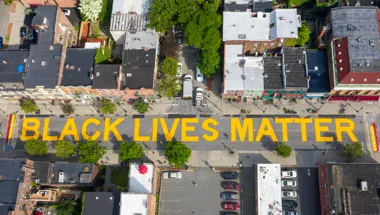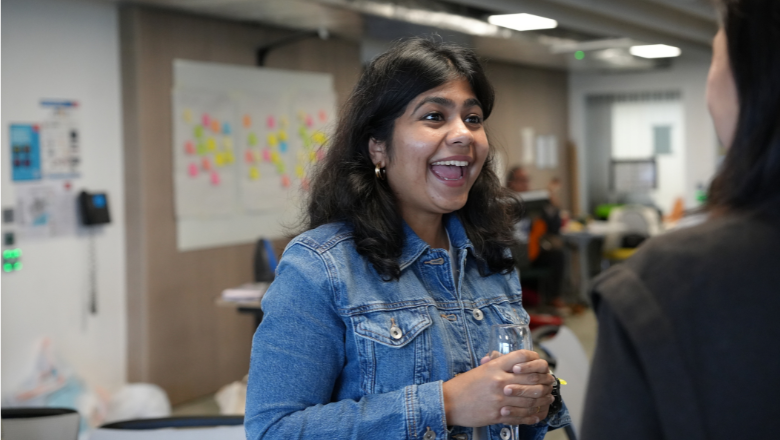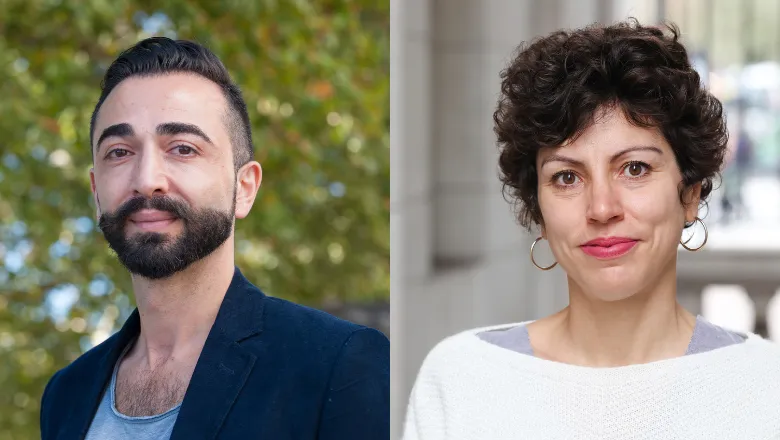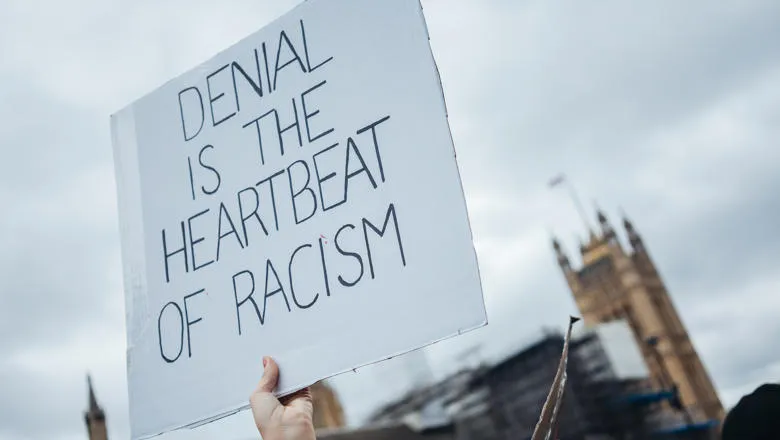
Dr Reza Zia-Ebrahimi
Reader in the History of Nationalism and Race
Research interests
- History
Biography
Dr Reza Zia-Ebrahimi joined the History Department at King’s College London in 2013. He is a graduate of the University of Geneva, the London School of Economics and the University of Oxford (St Antony's College).
Dr Zia-Ebrahimi is a historian of nationalism and race. Focusing on the period from the 19th century onwards, he has extensively worked on the development of racial forms of nationalism in Iran. His current research analyses the modalities of racialisation of Jews and Muslims in the Western apparatus of representations; and highlights the connection between conspiracy thinking and racism. More broadly, his work aims to retrieve the many points of contact between the histories of antisemitism, Islamophobia and other forms of racism, which have been ignored, or deliberately obscured.
Dr Zia-Ebrahimi has been a fellow of the Swiss National Science Foundation, the Oslo Holocaust Centre, and the Leverhulme Trust. In recent years, he has given seminars in Britain, France, the United States, Ireland, Sweden, Norway, Turkey, Lebanon and Russia.
Research interests and PhD supervision
- French and British orientalism
- Islamophobia in Western Europe
- Conspiracy theories and race
- Nationalism and race in Iran
- Iranian Jewish history
For more details, please see his full research profile.
Teaching
Dr Zia-Ebrahimi’s teaching covers Orientalism, race, Islamophobia, as well as modern Middle Eastern history and Iranian intellectual history.
Selected publications
Antisémitisme et islamophobie : une histoire croisée(Antisemitism and Islamophobia: An entangled history). Paris: Éditions d’Amsterdam, 2021.
The French roots of Islamophobia denialism. In Patterns of Prejudice4 (2020): 315-346
‘When the Elders of Zion relocated to Eurabia: conspiratorial racialization in antisemitism and Islamophobia.’ Patterns of Prejudice 4 (2018).
The emergence of Iranian nationalism: Race and the politics of dislocation. Columbia University Press, 2016.
‘Self-orientalization and dislocation: The uses and abuses of the “Aryan” discourse in Iran.’ Iranian Studies4 (2011)
Research

The Activist-in-Residence Scheme
Connecting researchers and activists to address societal problems.
Project status: Ongoing

King's Race Research Network (KRRN)
An interdisciplinary network of scholars of race based at King's College London.
News
Festival celebrates co-production between academics and activists
Participants in the Activist-in-Residence Scheme at King’s joined together for a celebration of their projects in 2024-25 on 3 June.

Global Cultures Institute announces Fellows for 2025-26
Dr Sara Marzagora and Dr Reza Zia-Ebrahimi will be undertaking research fellowships with the Global Cultures Institute.

Faculty of Arts & Humanities launches innovative Activist-in-Residence Scheme
A new initiative run by the Faculty of Arts & Humanities seeks to explore mutually beneficial connections between activism and academic research.

Events

Islamophobia and State Racism in Contemporary France
Investigating the roots, function and extent of Islamophobia and state racism in contemporary France.
Please note: this event has passed.

King's Race Research Network (KRRN) Launch
Inaugural networking symposium on Denial of racism, with keynote speech from Professor Camara Phyllis Jones
Please note: this event has passed.
Research

The Activist-in-Residence Scheme
Connecting researchers and activists to address societal problems.
Project status: Ongoing

King's Race Research Network (KRRN)
An interdisciplinary network of scholars of race based at King's College London.
News
Festival celebrates co-production between academics and activists
Participants in the Activist-in-Residence Scheme at King’s joined together for a celebration of their projects in 2024-25 on 3 June.

Global Cultures Institute announces Fellows for 2025-26
Dr Sara Marzagora and Dr Reza Zia-Ebrahimi will be undertaking research fellowships with the Global Cultures Institute.

Faculty of Arts & Humanities launches innovative Activist-in-Residence Scheme
A new initiative run by the Faculty of Arts & Humanities seeks to explore mutually beneficial connections between activism and academic research.

Events

Islamophobia and State Racism in Contemporary France
Investigating the roots, function and extent of Islamophobia and state racism in contemporary France.
Please note: this event has passed.

King's Race Research Network (KRRN) Launch
Inaugural networking symposium on Denial of racism, with keynote speech from Professor Camara Phyllis Jones
Please note: this event has passed.
